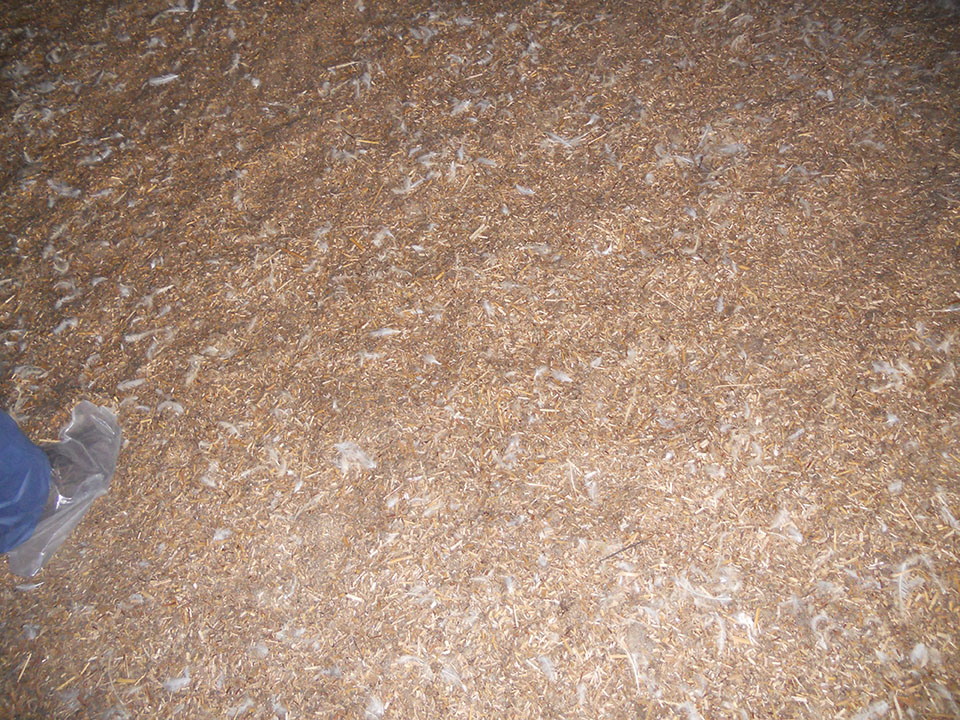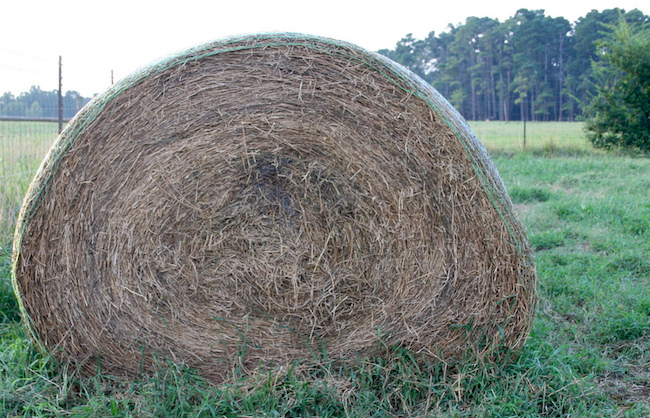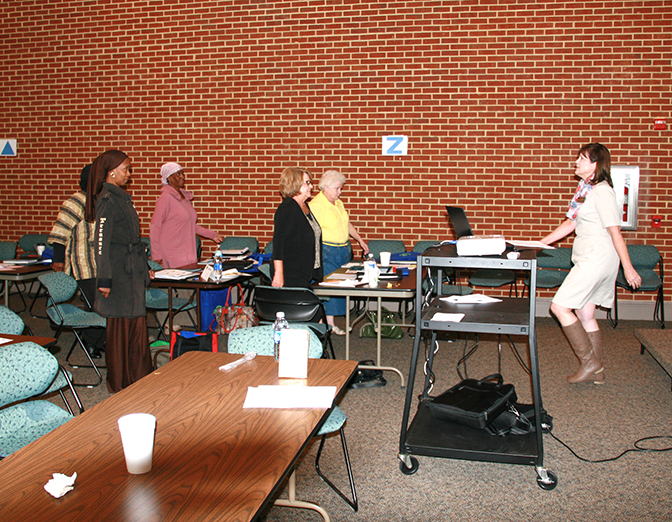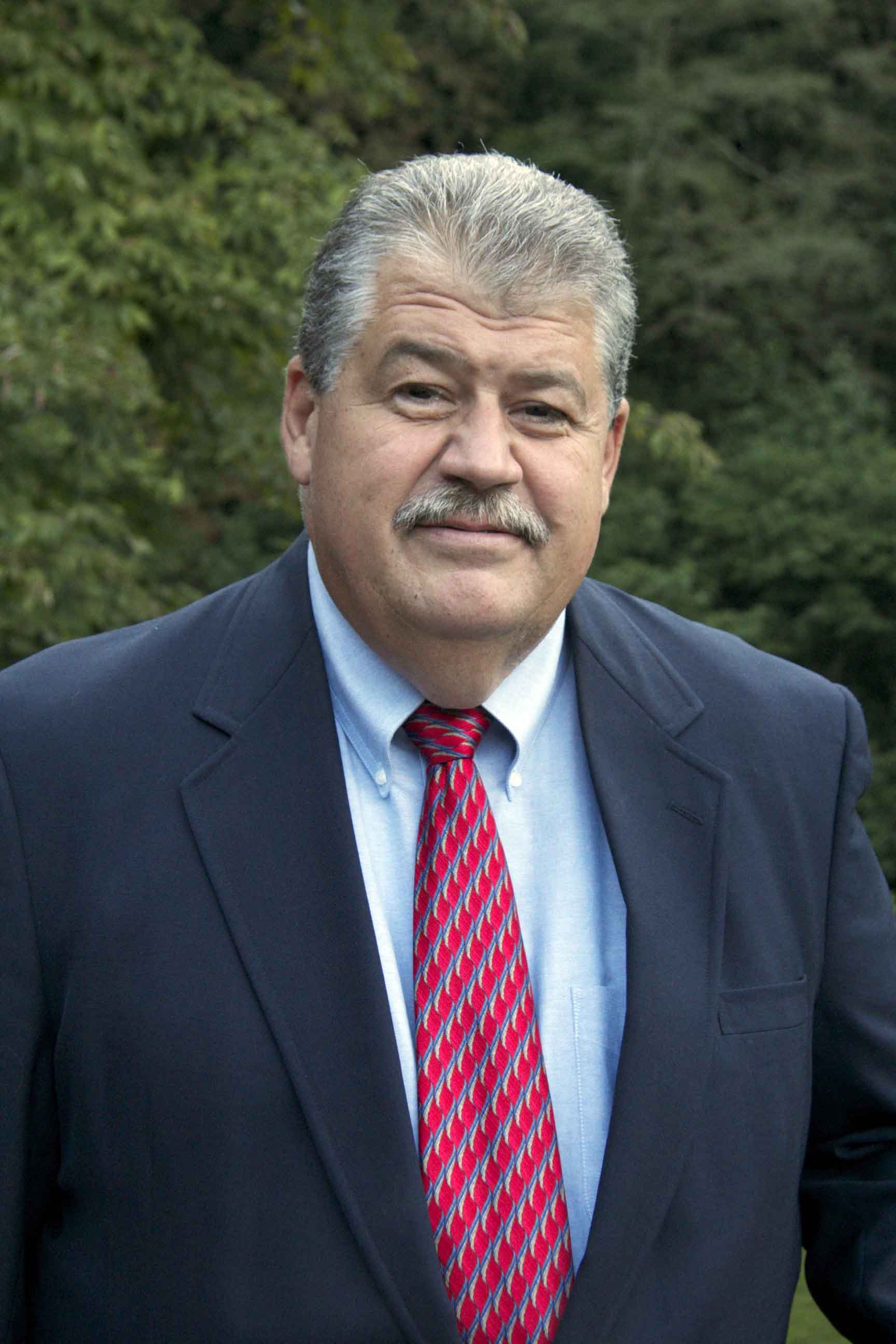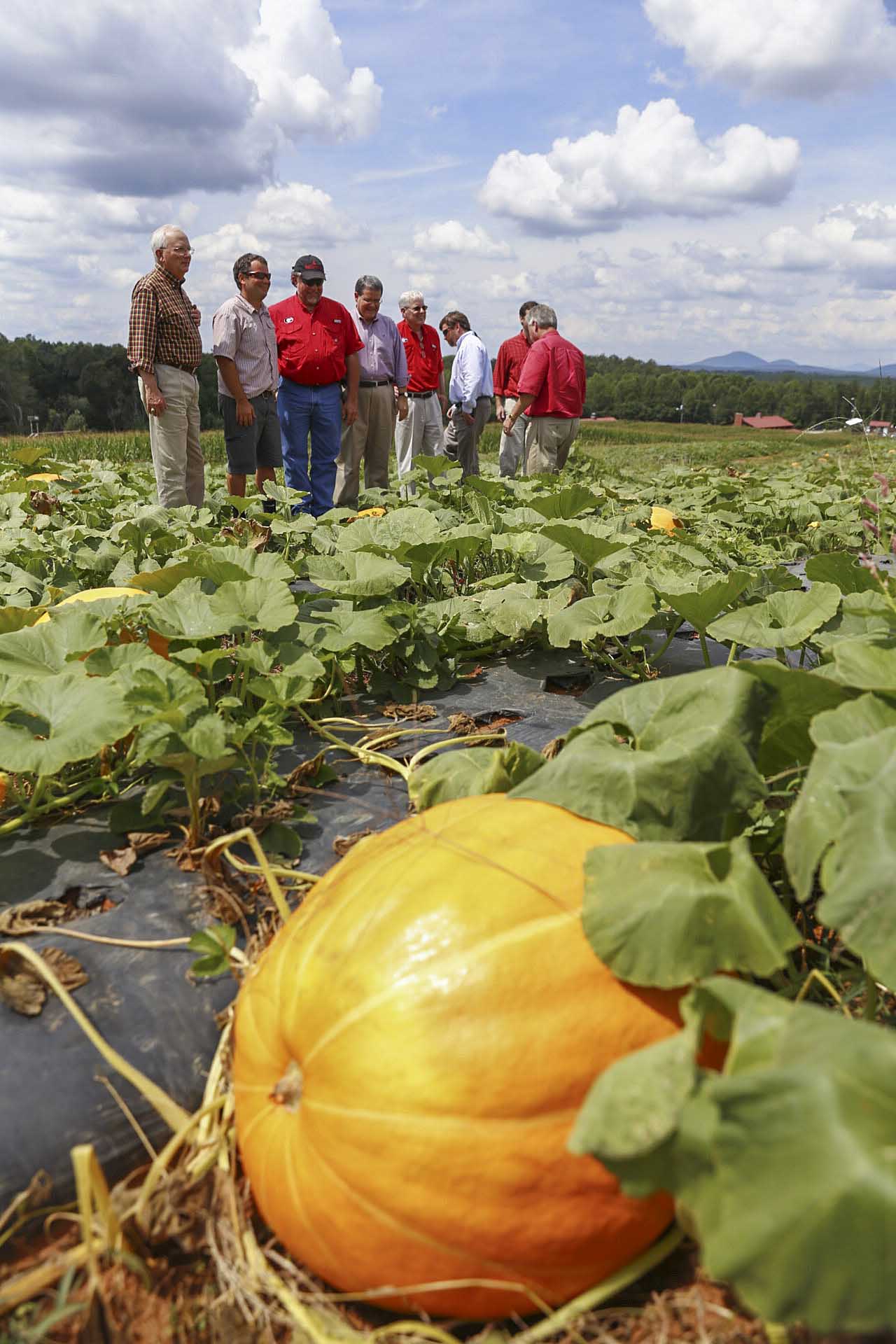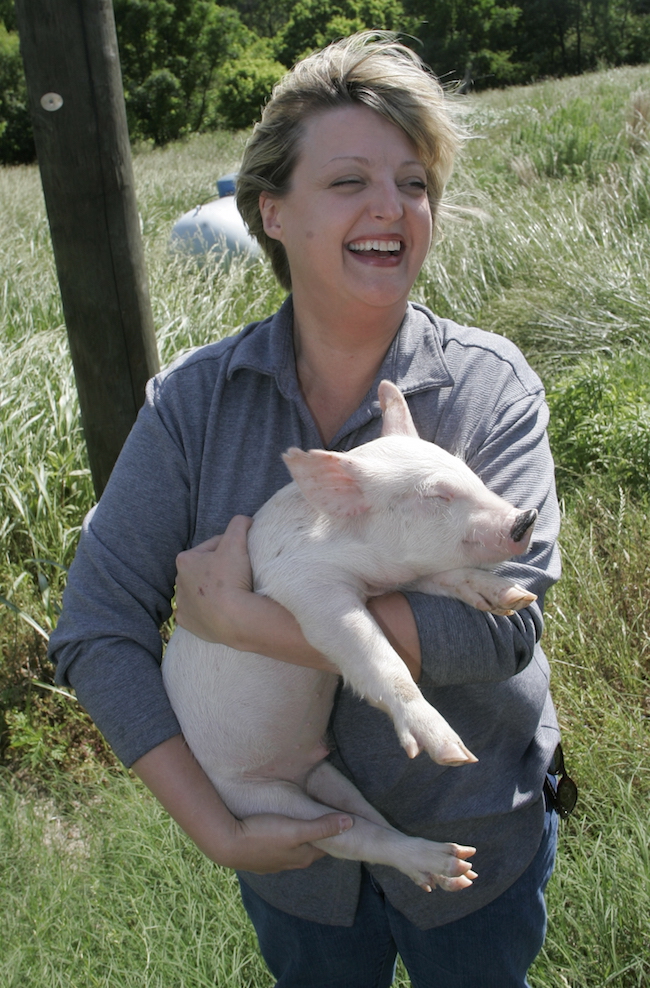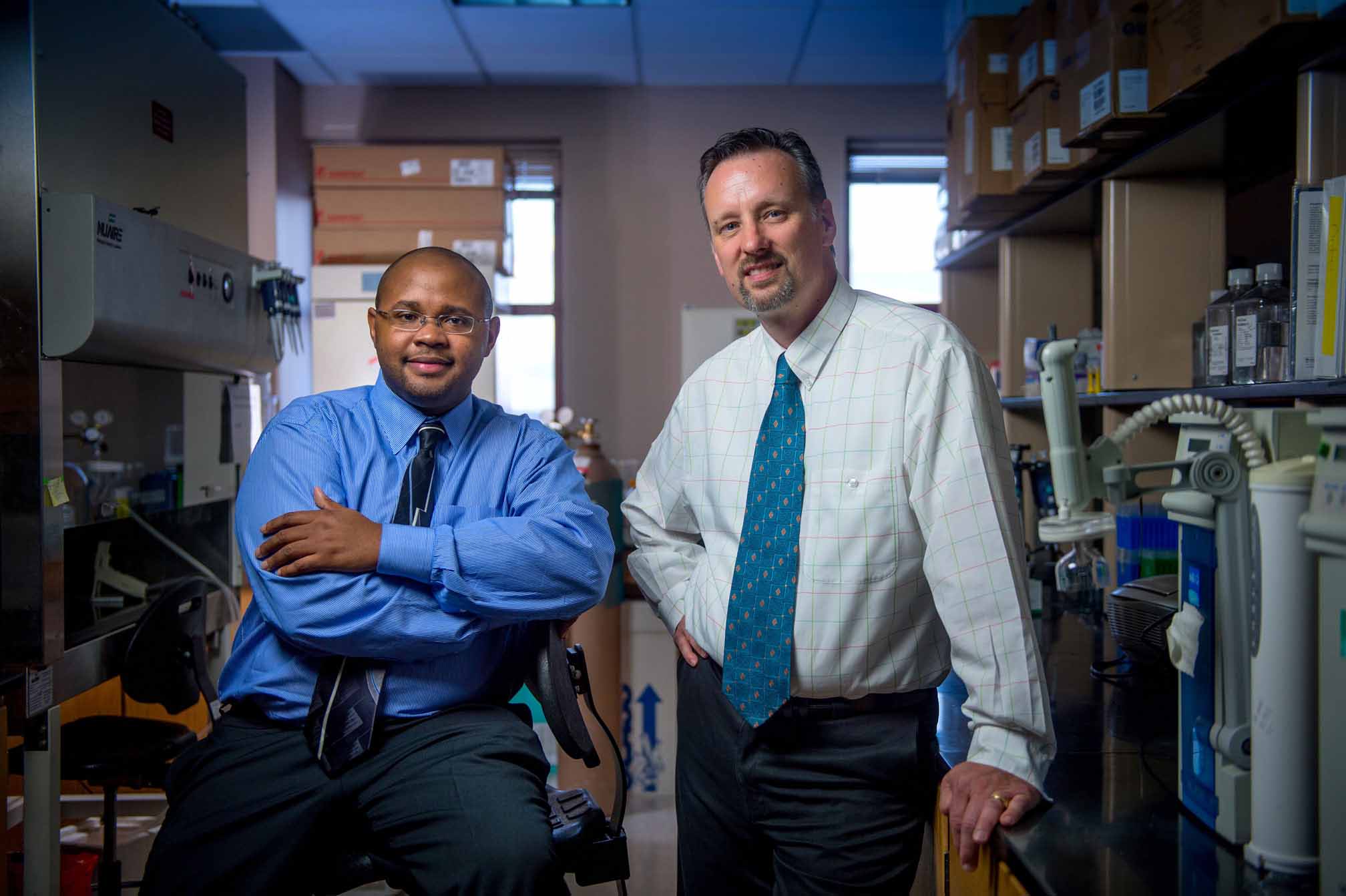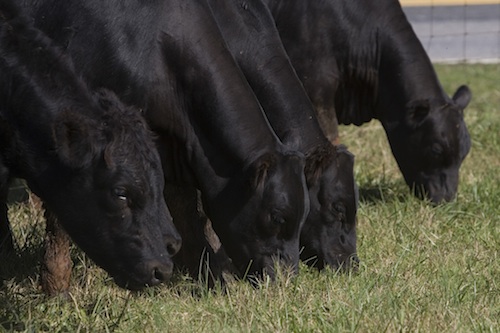 CAES News
CAES News
Proper Stockmanship School
This daylong course, hosted by University of Georgia Cooperative Extension’s Beef Team and the staff of the J. Phil Campbell Sr. Research and Education Center, will focus on low-stress animal handling methods that leverage the prey-predator relationship and the psychology of the herd. Cattle experts from Hand 'n Hand Livestock Solutions, founded by gentle herd-handling expert and Bud Box inventor Bud Williams, will present the class.

